|
It remains the case that in some jurisdictions police sometimes subject suspects to torture, ill-treatment, psychological pressure and threats in order to obtain confessions. Such practices may be the result of poor knowledge, limited skills, or inadequate police training. |

|
The investigative interviewing framework allows interviewees to narrate their accounts without interruption, before being presented with any inconsistencies or contradictions (from evidence), while ensuring they are treated fairly and equally in the process. |
|
This is a non-adversarial, rapport-based approach to interviewing suspects, which prioritizes the presumption of innocence and suggests a model of criminal investigation which is more effective in preventing coercion and solving crimes. |
|
While knowledge of certain facts may guide the questioning, it should not influence the stages or structure of the interview, nor should it close the interviewer’s mind to other possibilities and explanations. |
Extensive research shows that a rapport-based, non-coercive interviewing method, stimulates communication, facilitates accurate memory retrieval, enables the assessment of the veracity of information, increases the likelihood of genuine and detailed information, and reduces the risk of false information or confessions.
The Principles on Effective Interviewing for Investigation and Information Gathering, or the Méndez Principles, reflect an expanding global movement, calling for a shift from confession-driven interrogation to non-coercive interviewing methodologies.
The framework integrates principles and safeguards of human rights-compliant policing and criminal investigation, emphasizing the right to life and to freedom from torture and other ill-treatment, freedom from arbitrary arrest and detention (the right to liberty and security), the right to information about one’s rights, the presumption of innocence, the right to remain silent, and protection against compelled self-incrimination, among other rights.
Pursuant to international human rights law, the United Nations standards and norms in crime prevention and criminal justice and as mandated by numerous resolutions, including most recently, General Assembly resolution 78/227 on Equal access to justice for all, UNODC provides tailored technical assistance services to support Member States in ensuring equal access to justice for all. This work includes specialized technical assistance on a people-centered approach to police reform, modernization, and professionalization aiming at the establishment of professional, effective, transparent, human rights-compliant, gender-responsive, and evidence-based police services.
Since 2021, the UNODC Access to Justice Team (Crime Prevention and Criminal Justice Section), has implemented a programme of technical assistance in this area, in partnership with the Norwegian Centre for Human Rights (NCHR), and the UNODC Global eLearning Programme, funded by Germany and Norway. Implementation has also included coordination with UN agencies such as OHCHR and DPO, other partners such as the Convention against Torture Initiative and civil society organisations.
These efforts have focused on strategic guidance, including capacity building and awareness-raising among policy-makers, criminal justice policymakers and practitioners at global, regional and country level, and the development of a series of tools and practical guidance to help member states implement investigative interviewing methodologies. The initiatives aim to enhance the effectiveness and human rights compliance of criminal investigations globally.
The United Nations Manual on Investigative Interviewing for Criminal Investigation, a collaborative effort by the Department of Peace Operations, the Office of the High Commissioner for Human Rights, and UNODC.
The manual not only serves as a guiding document for the United Nations Police (UNPOL) officers in their mandated roles of mentoring, monitoring, advising and training, but also establishes a foundational resource for police development and capacity-building initiatives across the United Nations system.

